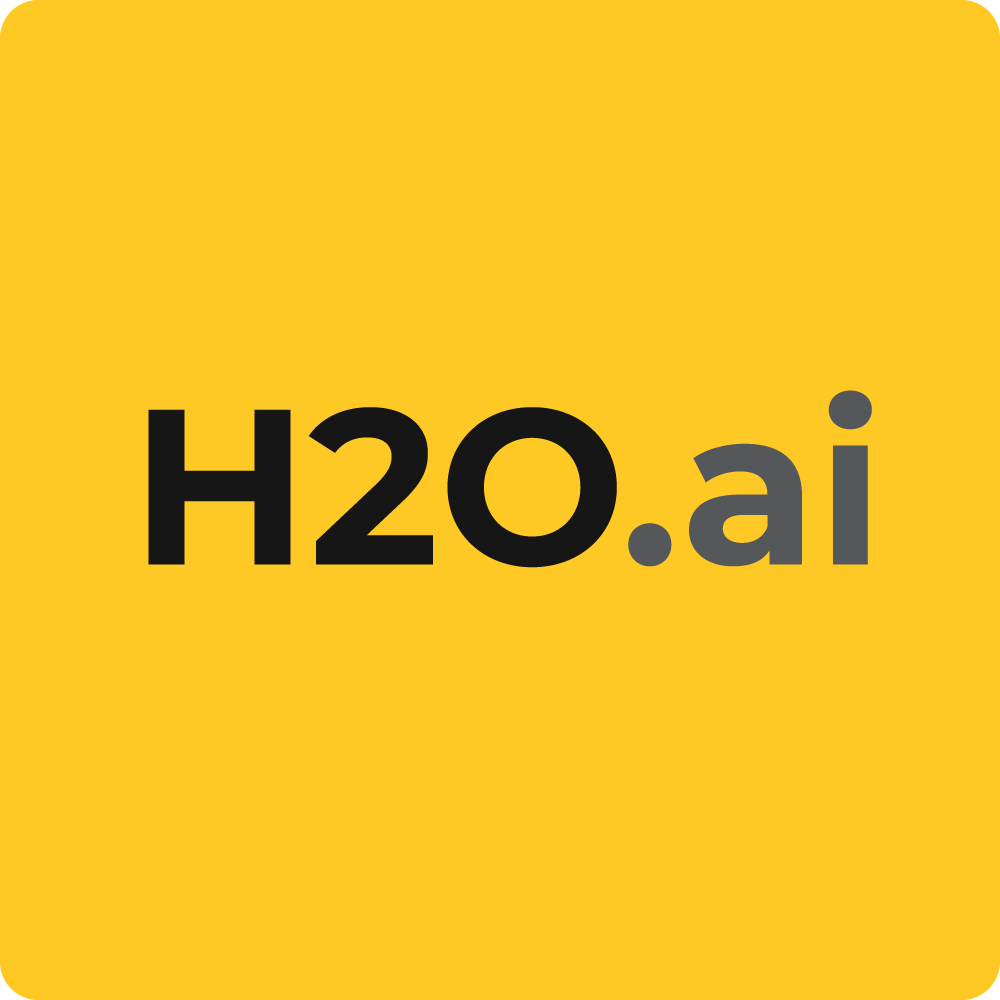A genomics AI solution from H2O.ai Health
Powered by NVIDIA GPUs and NVIDIA AI
Cancer is a multifactorial disease with exact causes we have only recently begun to understand. While inherited germline mutations are understood to create a genetic predisposition to the disease, stochastic accumulation of somatic mutations over a person’s lifespan is usually the culprit when the disease appears and determines its severity. These mutations affect different cellular pathways leading to dysregulation. The cells eventually start to proliferate uncontrollably, creating tumors. At the same time, protective mutations that may exist in the patient’s genetic material are understood to ‘dampen’ the severity or altogether alleviate disease onset.
The stochastic nature of somatic mutations, as well as their largely unknown interactions with protective mutations, are important factors of uncertainty when studying cancer. The availability and reduced cost of high-throughput technologies that can ‘read’ the genetic material of a patient are starting to change that. Using the right statistical tools, we have been able to elucidate many of the most common pathways and underlying genetic causes of malignancies, at least at the population level. The same tools, however, do not lend equal power to personalized diagnosis and prognosis, in a disease that we believe is as varied as the number of people that have it.
Machine learning models can “learn” the relationships between data points in datasets that are too complex for the human brain to understand and organize. Such models have been successful in a variety of health-related problems, including cancer. What is most important: using this new mathematical tool, we can now make inferences at the individual level.
Solution Summary
Gene Mutation AI is a machine learning-powered tumor classification application. Using information about the presence of genic single nucleotide polymorphisms (SNP) in samples derived from patient biopsies, the application allows the user to:
- Evaluate the risk of malignancy and understand how common this risk has been among past patients (Driverless AI autoML).
- Convert SNP caller results to mutation frequency by pathway.
- Find and explore similar patients (based on Euclidean distance).
- Identify the cellular pathways that influence cancer malignancy risk (Shapley values).
- Explore potential interventions via model-based simulations (individual conditional expectation).
- Evaluate the consistency of the predictions among different demographic groups (disparate impact analysis).
Gene Mutation AI can be easily extended to evaluate multiple cancers, biopsy results, and molecule/drug responses. The app allows the user to load models trained with their own data, allowing detection of more types of malignant tumors.
Gene Mutation AI is powered by the H2O AI Cloud : Driverless AI AutoML, H2O-3, MLOps, and H2O.ai Wave©, as well as by NVIDIA GPUs.







